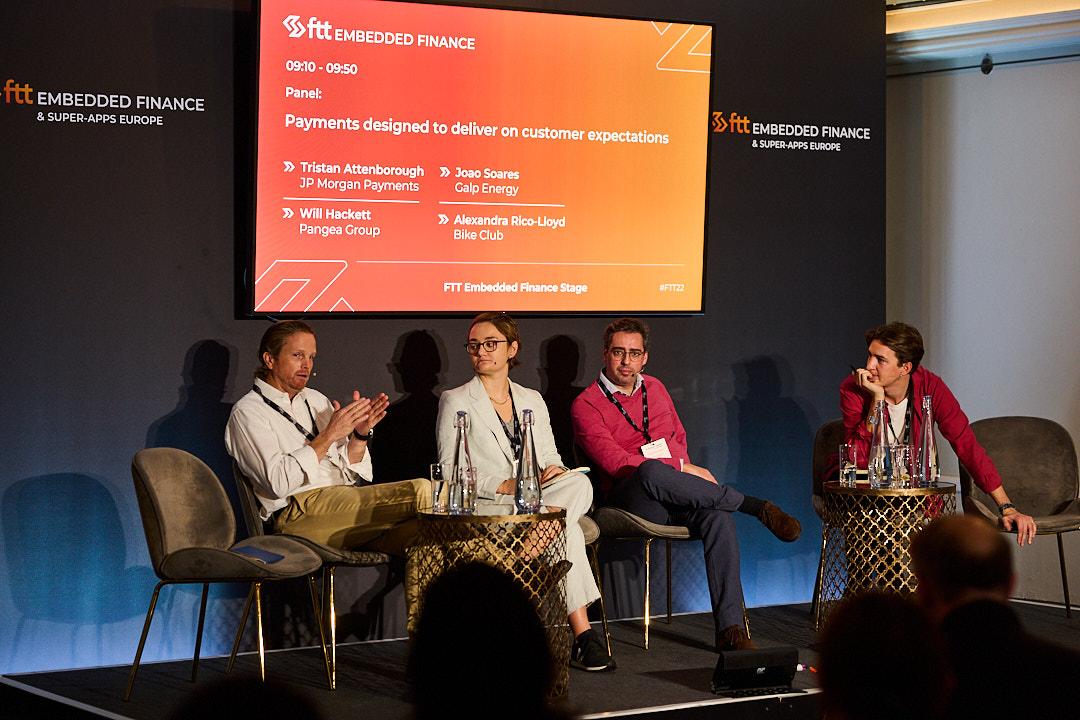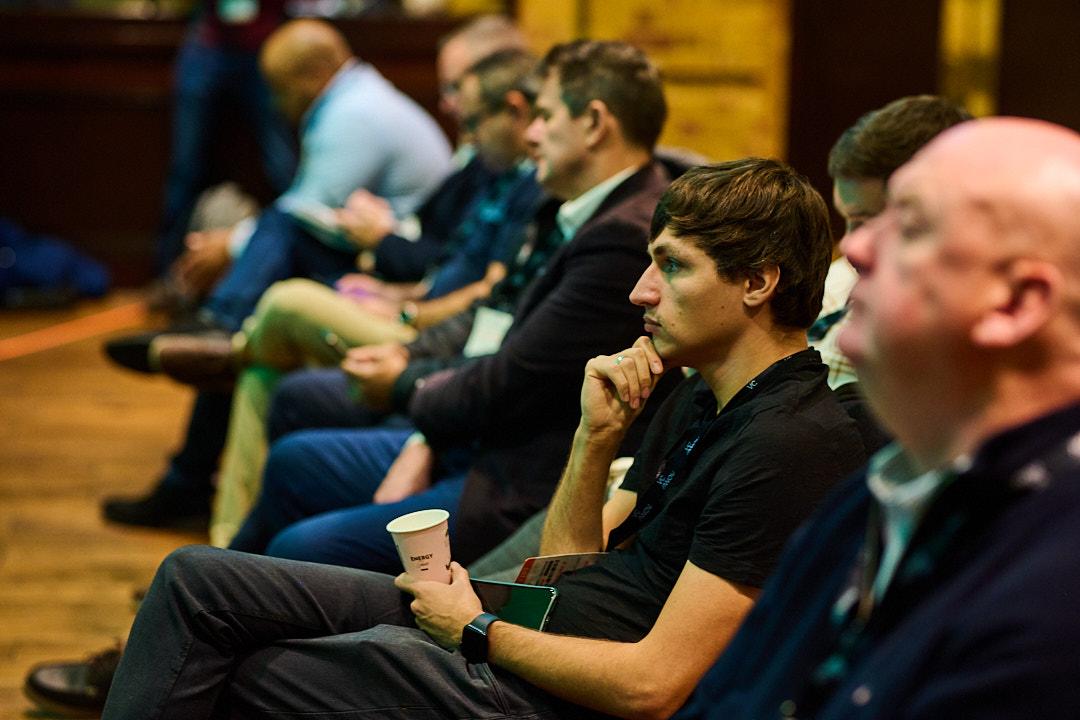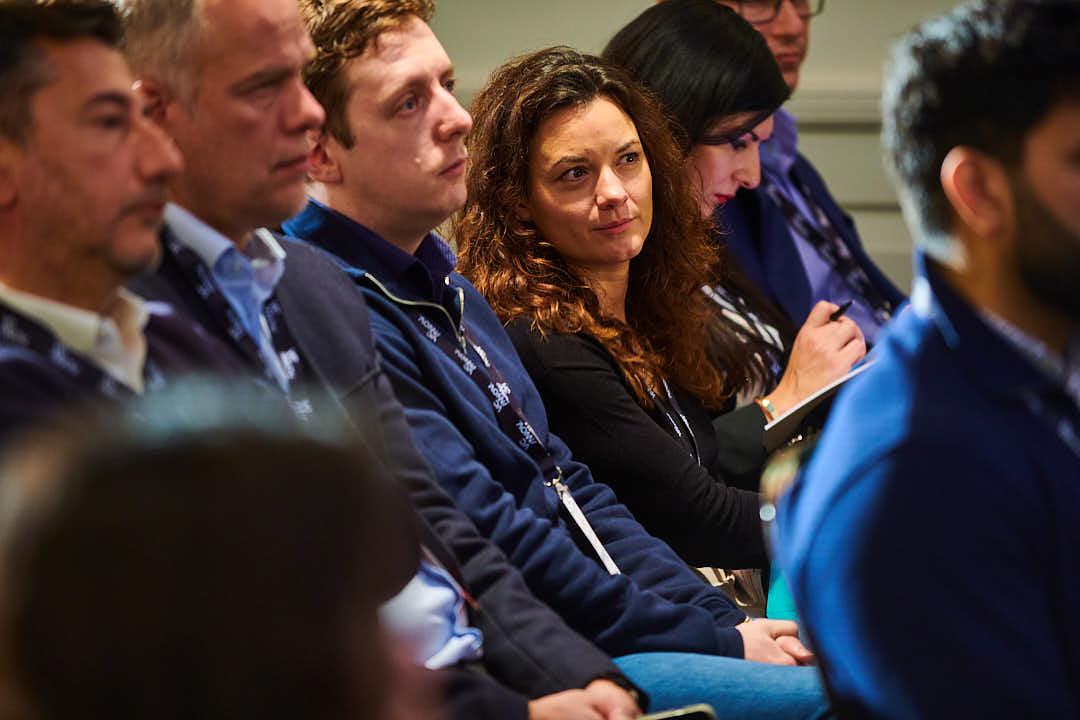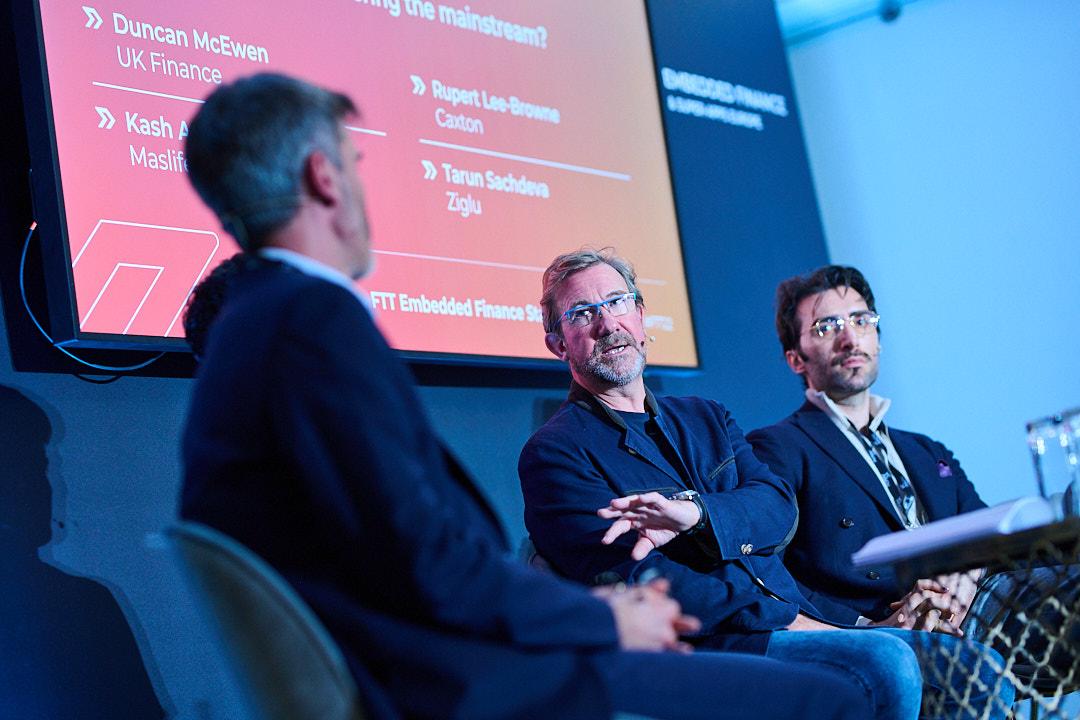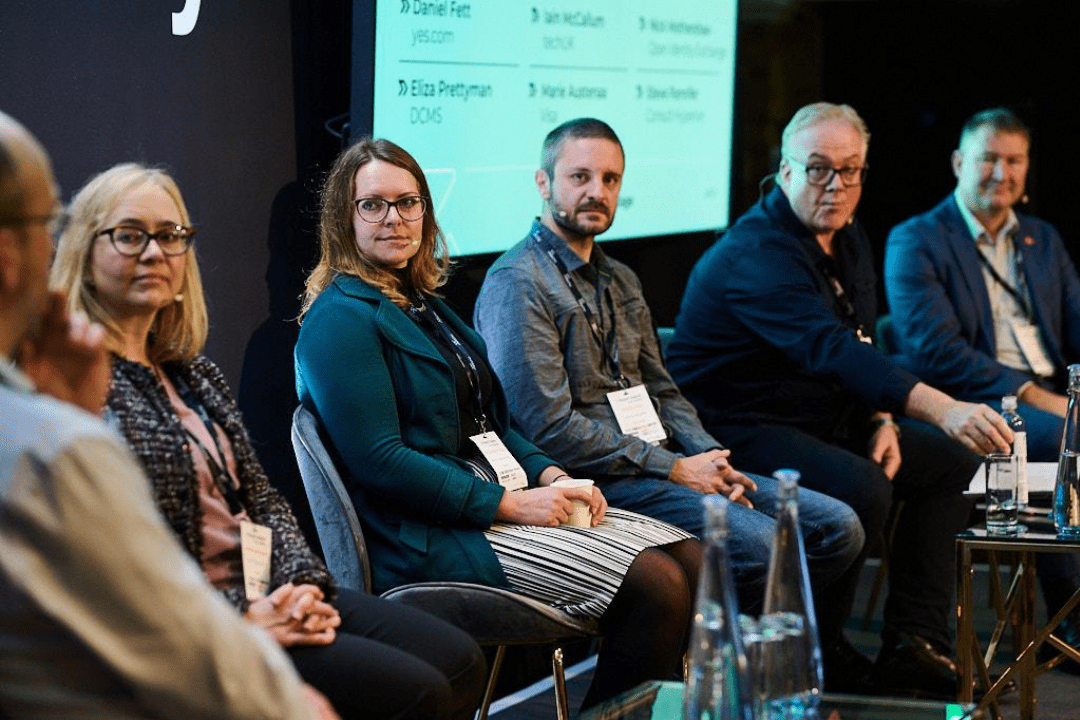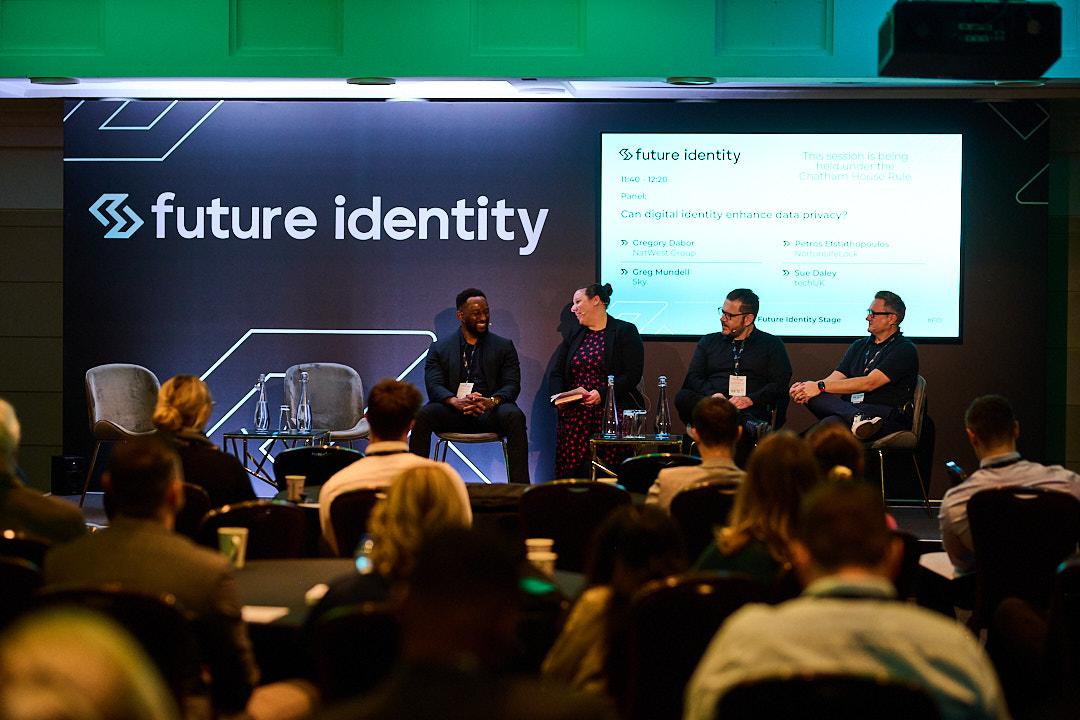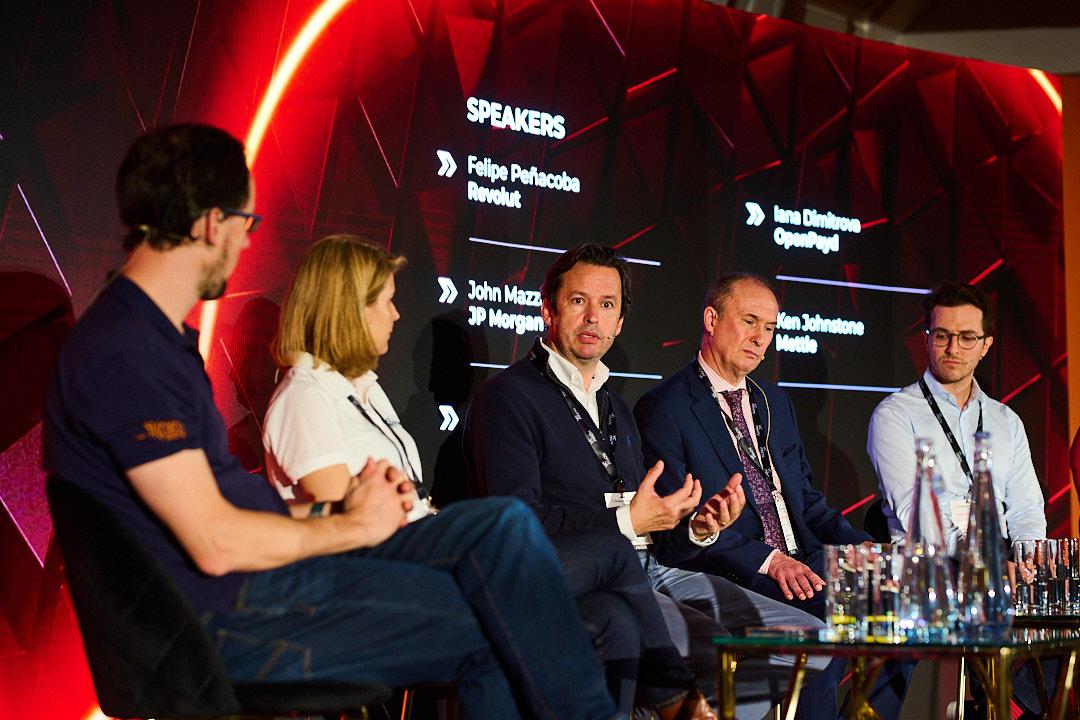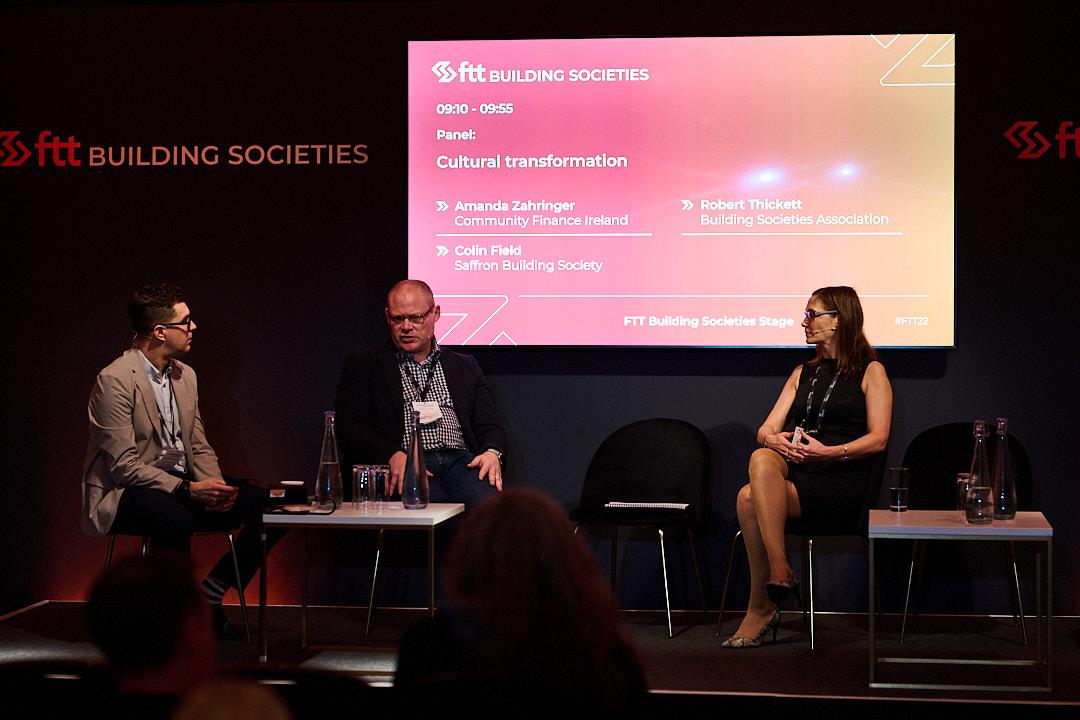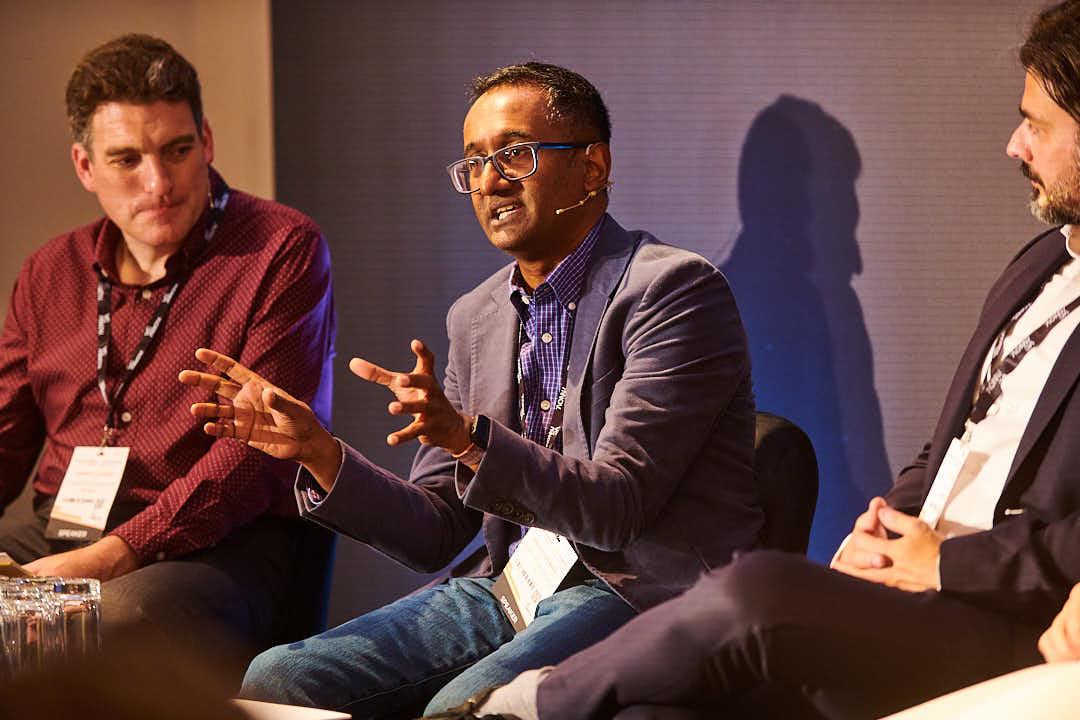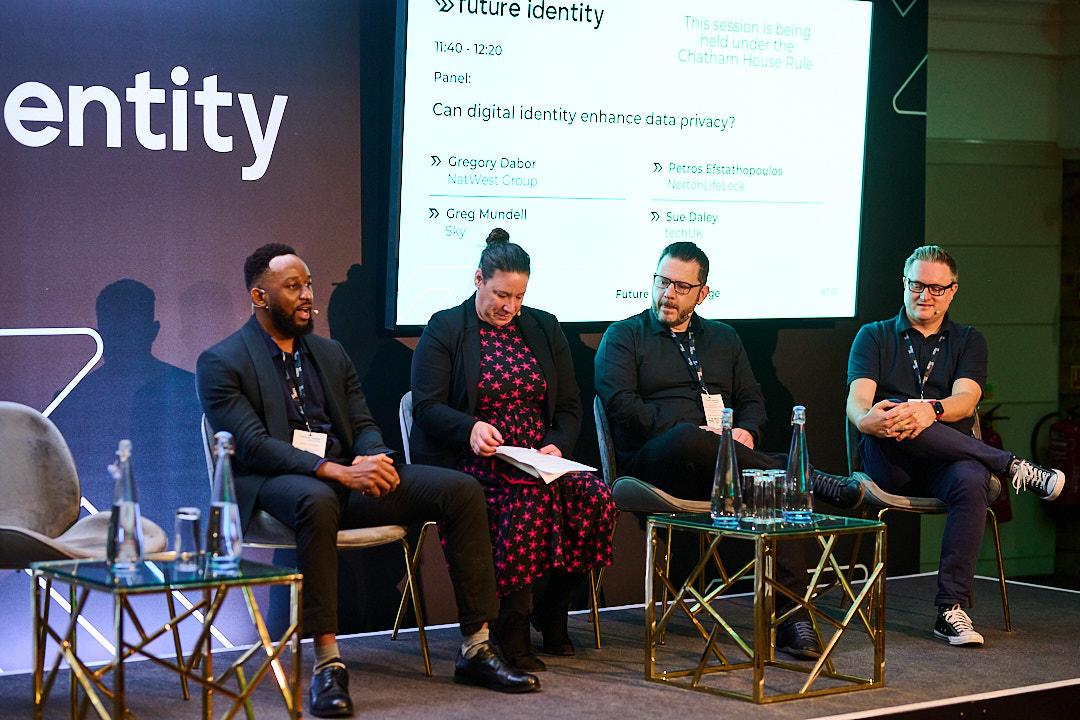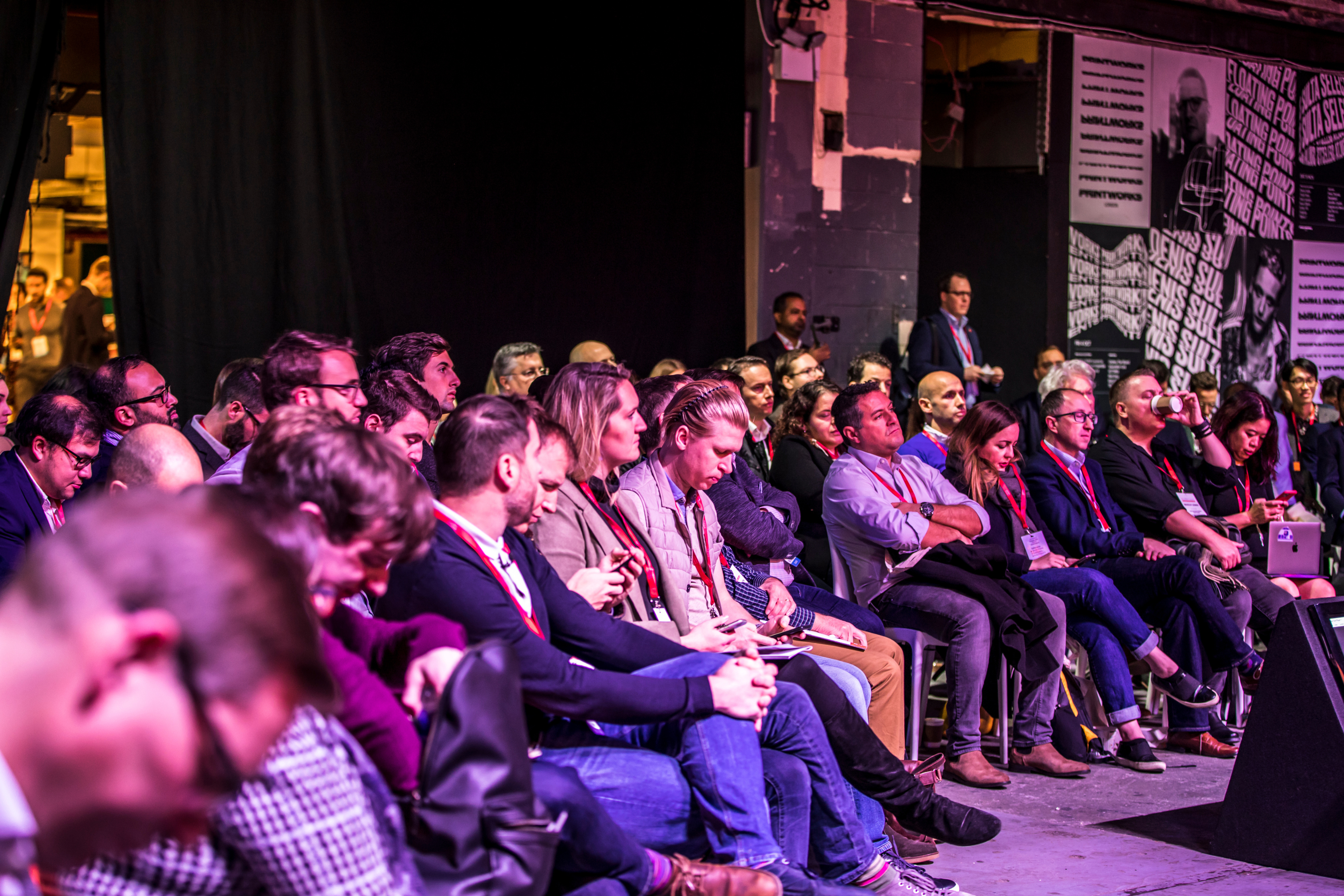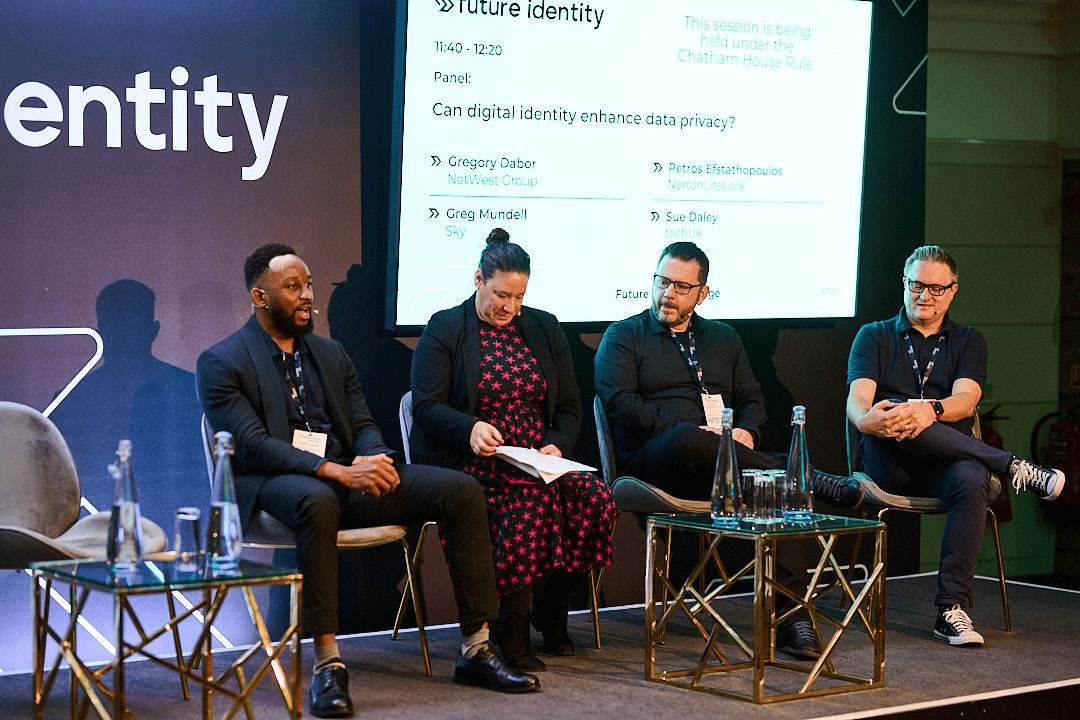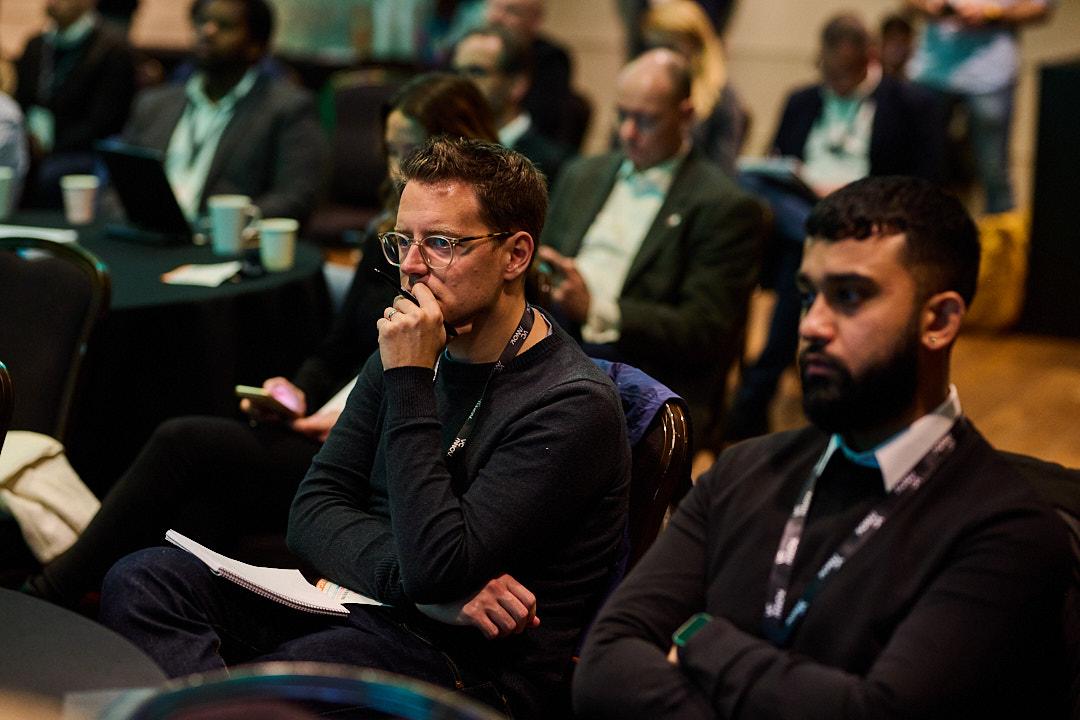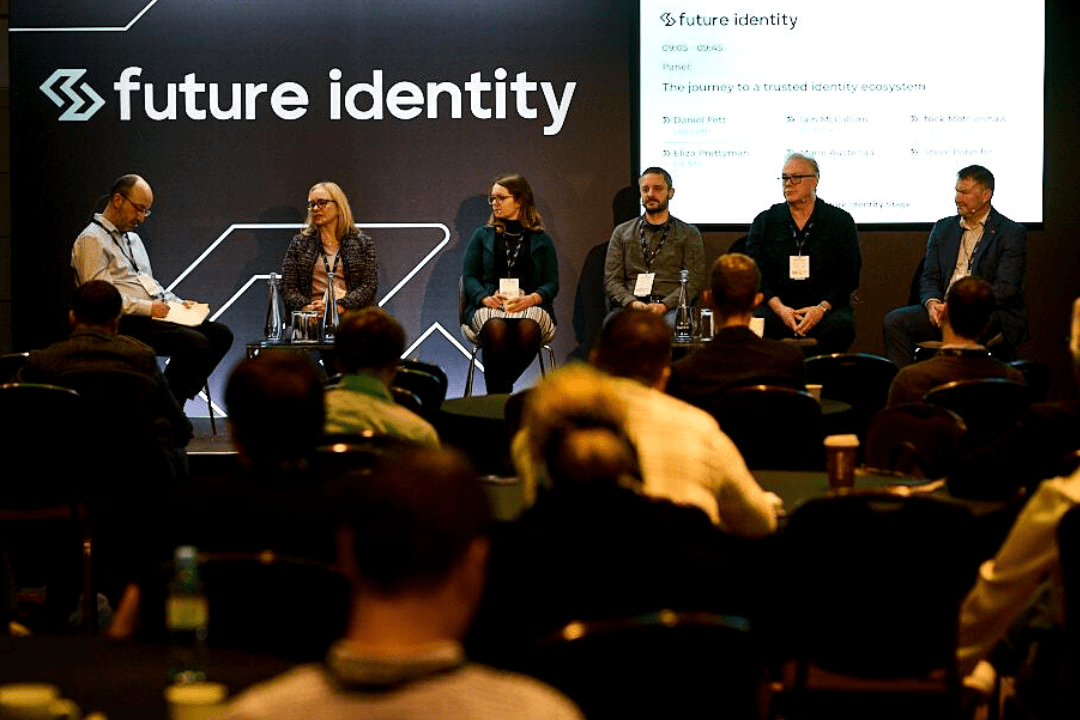All fintech events
Our events bring together a community of over 400,000 innovation and digital transformation leaders from financial institutions, merchants, brands, marketplaces, digital platforms, technology enablers, innovators and fintechs across Europe and North America.
Through our content led micro events, industry events and large-scale tech festivals we bring together the stakeholders and decision makers to explore how technology drives digital transformation across financial service and other industries to enable the creation of sustainable solutions.
Hear from industry leaders on stage and forge genuine business connections with buyers and decision makers whilst enjoying craft beer, live music and good times.

Our community

400k
Community

16
Events

5000+
Attendees

1100
Speakers

60%
Tech buyers
Our events
21st May 2024
FTT Embedded Finance & Super-Apps Europe
FTT Embedded Finance & Super-Apps Europe will bring together an exciting and disruptive community of retailers, manufacturers, insurers, telcos, financial institutions, fintechs and tech innovators to re-imagine financial services.
21st May 2024
Customer Alpha Europe
Customer Alpha is the only dedicated global community of brands, retailers, marketplaces, social platforms and technology enablers exploring strategies and new product streams designed to attract, retain, increase LTV and better serve the current and next generation of customers.
21st May 2024
FTT Payments
FTT Payments tackles both the complexity and opportunity of the rapidly changing payments landscape head on. It brings together strategic leaders, innovators, and experts from the world of payments and technology, alongside a diverse community of non-financial brands.
21st May 2024
Future Identity Customer Europe
Future Identity Customer will bring together 600+ attendees for a one day experience in central London. Discover how consumer facing businesses in retail, gaming, mobility, entertainment, travel, healthcare and other key sectors, are approaching digital identity.
18th September 2024
Fintech Talents North America
The Fintech Talents North America community brings together the innovators and change-makers who are redefining the future of the industry. Leaders from institutions of all shapes and sizes come together with new entrants and world leading tech providers to share their thinking and experiences of a fast-changing industry.
18th September 2024
FTT Embedded Finance & Super-Apps North America
Explore the future of this embedded finance world in which the growing universe of financial services providers is driving profound change, whether its embedded payments, embedded insurance, embedded lending, embedded wealth management, embedded banking or the creator economy.
18th September 2024
Customer Alpha North America
A cross industry community of professionals striving to create better outcomes for their customers. It’s a platform for learning and discussion on the future of customer journeys. From leveraging transformative technologies to understanding customer behaviour, innovative brands understand the need to evolve with their users.
18th September 2024
Future Identity Finance North America
This one-day event will bring together an energetic community of identity and cybersecurity innovators from the financial services sector and beyond. Join us as we explore the urgent need for digital identity, to enable growth, inclusion, and trust in a changing world.
11th - 12th November 2024
Fintech Talents Festival
The UK’s largest and most impactful fintech festival showcasing visionary ideas, practical innovation and deep dives into solving industry problems from a wide spectrum of financial services.
11th - 12th November 2024
FTT Mutuals
Join us on the journey to transform and future proof the UK and Europe’s mutual banking sector and connect with C-level executives and founders as well as innovation and digital transformation leaders from across the UK and Europe.
11th - 12th November 2024
FTT AI Transformation
AI will transform almost every aspect of our lives. Hear from leading innovators as they share how they are leveraging AI to create next gen products and services.
11th - 12th November 2024
Future Identity Festival
A two-day festival exploring the latest initiatives, technologies and concepts driving the growth of digital identity. Enjoy show-stopping speakers and live entertainment, all while connecting with the identity players you’re looking to meet.
11th - 12th November 2024
FID Fraud & FinCrime
As part of he Future Identity Festival, FID Fraud & FinCrime will bring together risk and compliance leaders, to share strategies and exchange insights on the threats facing businesses in a changing world.
4th - 5th December 2024
FTT Embedded Finance & Super-Apps North America
Join an exciting and disruptive community of 400+ retailers, manufacturers, insurers, telcos, financial institutions, fintechs and tech innovators in one of the most creative locations in the world.
4th - 5th December 2024
Customer Alpha North America
From leveraging omnichannel marketing to using customer data to create personalized loyalty cards, we’re bringing customer experience leaders together under one roof to collaborate and explore the next frontier in customer experience innovation.
4th - 5th December 2024
Future Identity Customer North America
Join our community of 400+ innovators to explore how digital identity can deliver greater trust, privacy, and personalisation, to build an experience fit for tomorrow’s customers.
19th Mar 2025
FTT Lending 3.0
The ultimate event for the next generation of lenders, loan providers, fintechs, credit and capital allocators who are powering the future of lending.
19th Mar 2025
Future Identity Finance Europe
Future Identity Finance, in co-location with FTT Lending 3.0, will explore how innovation, regulation and customer expectations are changing how we identify ourselves to access financial services.



